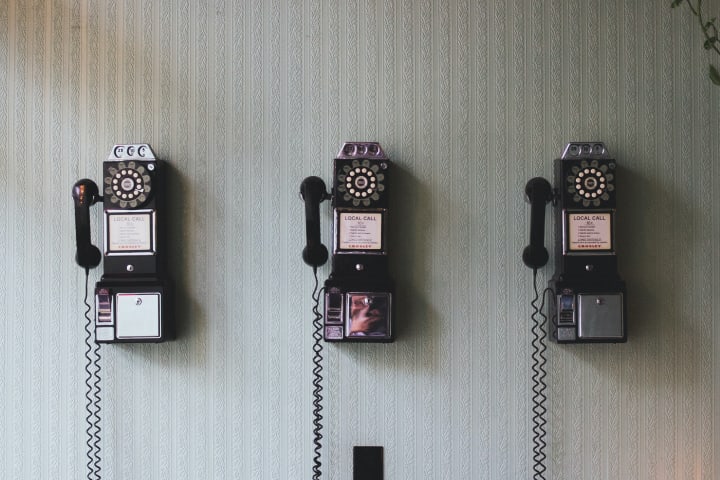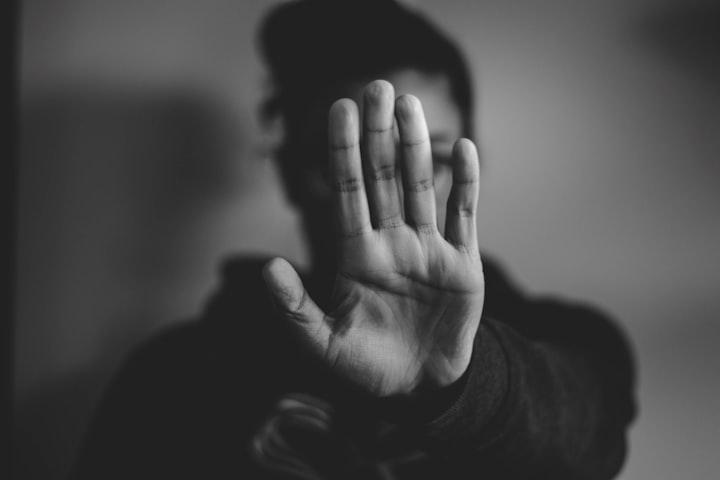Generation, Generation, Generation
How We're Defined by Our Moment in Time

In real estate it’s all about Location, Location, Location. In the quest to understand ourselves and others, we are at least partially defined by our Generation, Generation, Generation.
While we all strive to express our individuality, the truth is, in many ways we are more alike than different, especially when you pull back the focus of the microscope and consider the context of our cohort.
It’s largely because of the communal meaning we attached to some things, events, or inventions—the must-have toy of the time (a moment of silence, please, for all those injured in the Christmas quest for a Cabbage Patch Doll or Tickle Me Elmo), the where-were-you-when events like the Challenger explosion or the OJ trial, or the state-of-the-art discovery you once only dreamed of like the CD-ROM, the artificial heart, the 3D printer. Like it or not, our lives, or at least some moment in the history thereof, come to be defined by what was happening in the pop culture.
If you say Daisywheel printer, for some it holds no meaning because they are too old school for anything associated with computers. For some it holds no meaning because their only experience with it is a display in the Smithsonian, or worse yet, in a historical piece on Wikipedia. And then there is the golden group for which daisy wheel printers bring a smile to the face. For them (ahem … us) it is a fond remembrance of being set free from the captivity of the typewriter and its associated correction fluid and into a world of easy corrections and formatting—think Bank Street Writer on the Commodore 64 (Eeek! I know, I know).

And the VCR … oh the VCR. I remember the instant popularity of the kid (name withheld to protect the innocent) on my block who had the first VCR in his family room. No longer did we have to wait for the TV version or the local cinema to re-run a movie, prisoners of their schedule. We could all pile up on his couch on Friday night and run a marathon of our choice. We could even fast forward through the boring parts and rewind for the good scenes. Wow! We were really living then!
You can’t give this level of understanding or emotional reaction to another generation. As singularly awesome as it was, no one can make me feel the awe of Woodstock experienced by that generation. To me it is another casually interesting historical fact. Culturally significant, yes, but an emotionally dead fact to me nonetheless. Like my Daisywheel is to those born into the luxury of laser printers.
I can’t make any young person really understanding how cool (despite labor intensive and wholly imperfect) it was to wait by the radio for just the right song, hoping you get the timing right and that the DJ does not interject too much, to make a cassette tape for our newest crush. The downloading, file splicing, remastering masters will just not “get it.”
We tend to think there is something singularly wholesome about that magical point in time and that despite the gains of progress, something was also lost. It is, in a sense I guess, how we process the loss. It was good. We were there. At least we have that.
Of course, not all is as benevolent as the Daisywheel and the VCR. Some cohorts can be defined by the tragedy that took hold of a community or society—a natural or manmade disaster—the war years, the famine years, the Ted Bundy years. Each teaches us collectively about the dark side of life.
Good or bad, the experiences of a cohort shape us. They are part of what we have cobbled together as the definition of this thing we call life. In some ways it reflects the uneasy randomness of life—the fact that I was impressionable at just the time that Bart Simpson (versus Eric Cartman) became an icon. Imagine—Bart’s trademark “Eat my shorts!” line was considered scandalous. Yet another example in the “does art imitate life or life imitate art” debate. What is cutting edge defines the direction we are taking, albeit with the requisite detours, of course. It defines what we will accept as norm and what we will question.
We all want to think we are more complex than a collage of the span of years in which we were coming of age, and we certainly are. Focusing the microscope again back down to the individual, we see our unique selves. But just throw up a pic of the popular band when you were in high school or the now discontinued candy that was the rage when you were 10 and see how many likes you get on Facebook from your partners in the crime of youth. I bet it strikes a nerve … and brings a sense of yearning to the heart.

About the Creator
Donna L. Roberts, PhD (Psych Pstuff)
Writer, psychologist and university professor researching media psych, generational studies, human and animal rights, and industrial/organizational psychology






Comments
There are no comments for this story
Be the first to respond and start the conversation.